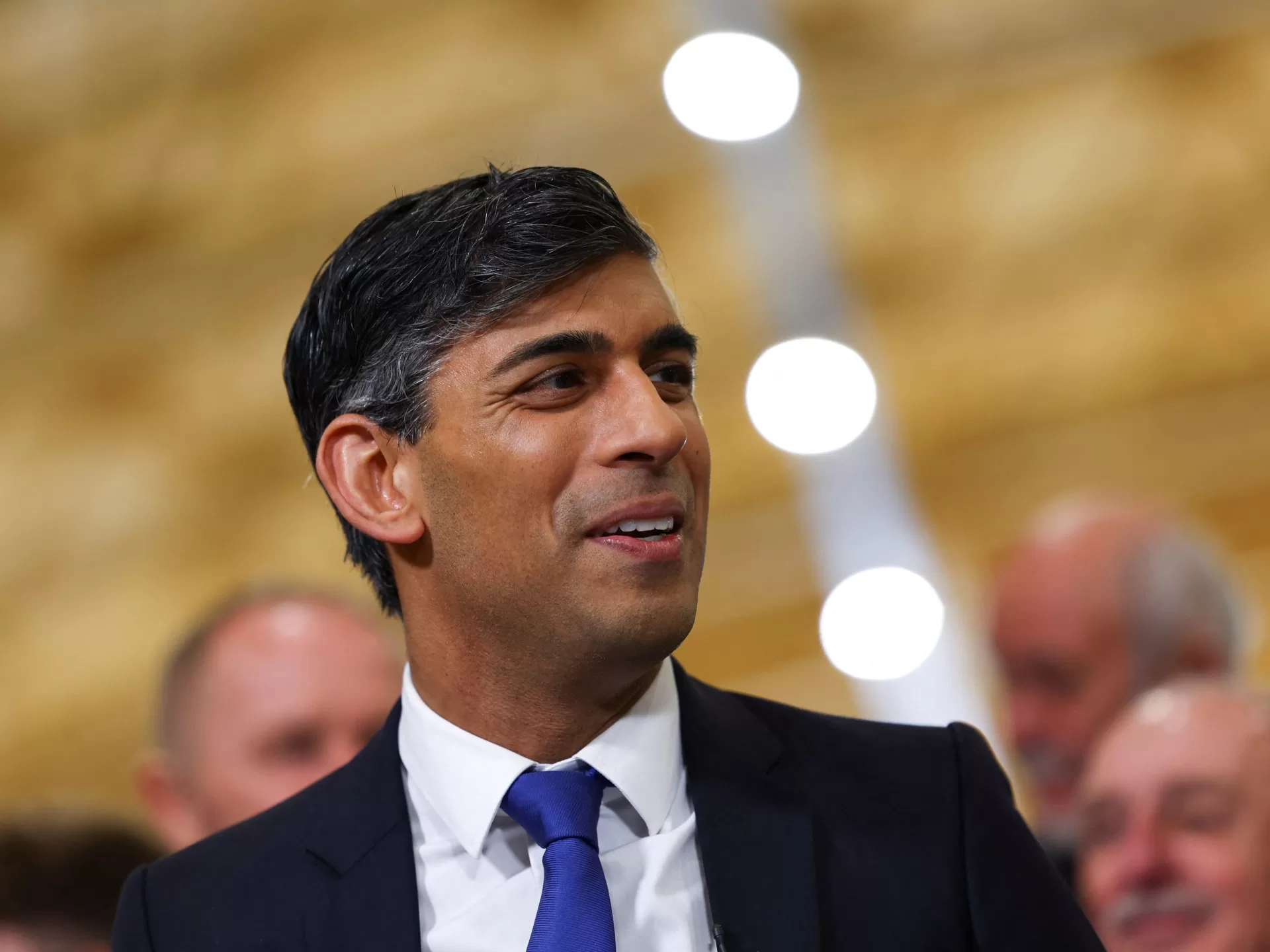With nearly all council results in, the Conservatives have lost 450 seats, while the opposition Labour Party has picked up 170, as counting was under way on Saturday for a few more assembly and mayoral polls, most critically that of the mayor of London.
With the results in from 102 of 107 council elections, the Conservatives lost about half of those it was defending, costing it control of 10 councils.
Its rival Labour Party gained 170 council seats to wrestle control of eight councils, while also winning three newly created mayoral seats, including one in Conservative Prime Minister Rishi Sunak’s own northern English constituency.
Labour also won a by-election for the Blackpool South parliamentary seat, triggered by the resignation of the scandal-plagued Conservative MP Scott Benton.
Labour leader Keir Starmer said the emphatic victories nationwide sent the prime minister a clear message to hold a nationwide vote.
“Voters in Blackpool South have sent a direct message to Rishi Sunak: Make way, let’s have a general election,” said Starmer.
Sunak, whose Tories are down about 20 points in the polls to Labour must order a general election to be held by January 28 next year at the latest.
Voters in Blackpool South have sent a direct message to Rishi Sunak: make way, let’s have a general election.
Only Labour can get Britain’s future back. pic.twitter.com/M1ZBKsins0
— Keir Starmer (@Keir_Starmer) May 3, 2024
Where did Labour win?
Labour performed strongly in areas that voted for Britain’s exit from the European Union, such as Hartlepool in the northeast of England, and Thurrock in southeastern England. Labour also seized control of Rushmoor, a leafy and military-heavy council in the south of England where it had never won.
In addition to its council victories, Labour won mayoral seats in the York and North Yorkshire, North East and East Midlands areas.
“Let’s turn the page on decline,” Starmer told supporters on Saturday in the East Midlands.
Conservative mayor Ben Houchen was re-elected in Tees Valley, a rare success, although with a greatly reduced majority.
Six more mayor races, including for London, will be called over the weekend.
“We are probably looking at certainly one of the worst, if not the worst, Conservative performances in local government elections for the last 40 years,” John Curtice, professor of politics at the University of Strathclyde, told BBC radio.
Backlash over Gaza
While Labour had an overall strong showing, its candidates appear to have suffered in some areas with large Muslim populations, such as Blackburn and Oldham in northwest England, due to the party leadership’s stance on Israel’s war on Gaza, including an initial refusal to call for a ceasefire.
In areas that have a greater than 10 percent Muslim population, Labour’s vote share dropped by an average of 11 percent, according to the BBC.
The Workers Party of George Galloway, who was re-elected to parliament in March touting a pro-Palestinian message, picked up four seats.
What will happen in the general election?
Sunak, while acknowledging the results were “disappointing”, has remained positive about his party’s chances in the general elections.
“Come a general election, [voters] are going to stick with us,” Sunak said on Friday while celebrating the Conservative win in Tees Valley.
Sunak, who has failed to improve the party’s popularity since succeeding Liz Truss in October 2022, previously said he planned to call for a general election in the second half of 2024.
If that contest plays out similarly to the local elections, Labour would be expected to win about 34 percent of the vote, with the Conservatives trailing by nine points, according to the BBC.
Writing in Saturday’s Daily Telegraph newspaper, Sunak admitted the returns showed “voters are frustrated” but added that “we Conservatives have everything to fight for”.
